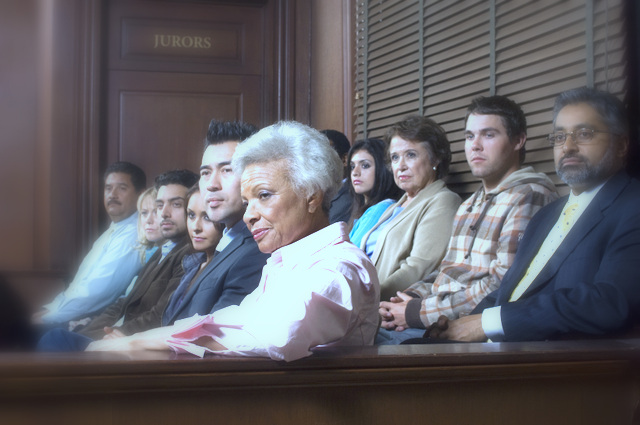Posted: November 15, 2025
"You have cancer". This is a terrible thing to hear. Immediately you wonder how bad it is, if you're going to live, and how brutal the treatment is going to be.
Everybody knows someone who has had cancer, or knows somebody who lost a loved one to cancer. And everybody knows that a cancer diagnosis will change your life.

At our firm, some of our cases are about delay in diagnosing cancer--making a cancer that should have been curable into one that will be fatal. Time can make all the difference in these cases--so long as the cancer is caught early enough. Catching cancer early is why doctors recommend colonoscopies, and mammograms, and why many CT and MRI scans are done to make sure there is no cancer growing inside us. When there has been a long delay between when a cancer should have been diagnosed and when it was diagnosed, that delay can justify a medical malpractice suit.
But not always--and not even usually.
In any medical malpractice case, the first question is always "was the doctor negligent?"--a term which essentially means making a mistake that no competent doctor would have made in the same circumstances. It means more than just a mistake---it means a mistake that is inexcusable. For example, a family practice doctor treating an old man for indigestion may not have any reason to suspect stomach cancer, while the situation is different where we're talking about a radiologist who missed a mass when reviewing a CT scan.
Proving such an inexcusable mistake is only the first question, though. Equally important is proving that the doctor's negligence made a difference in the patient's eventual outcome. This second question, which lawyers call "proximate cause" is often the reason that we have to tell people that they do not have a viable medical malpractice case.
For example, we have had clients come to us who were not told about a cancer that was seen on an x-ray taken six months earlier, and just now found out about it. They are understandably upset about a six month delay in treatment, because everybody knows that it is better to start treatment for disease early--whether that is a cancer, or an infection, or a knee injury. Earlier is better. And with cancer, delay in treatment can mean that the cancer grows, or spreads to other areas of the body.
But the question of whether delay in treatment made a difference in any particular case depends on a lot of different factors, including what type of cancer the patient has, whether it is an aggressive type, where in the patient's body it is located, and how advanced it was when it should have been discovered. For example, there are types of brain and pancreatic cancers that are almost always fatal no matter how early they are discovered and treated. People who have these kinds of cancers cannot prove that earlier treatment would have made a difference in their outcome because medical science still cannot successfully treat these cancers no matter when they are caught.
Another example involves people whose cancer was missed at a time when it was already so advanced that the prognosis and treatment of the cancer would have been virtually the same if the cancer had been discovered and treated earlier. In both of these cases, while we might be able to prove that a doctor was negligent, we could not win a case for the patient because we could not prove that earlier diagnosis and treatment would have made a difference.
And it is not enough to prove that "earlier diagnosis and treatment is better". Everyone will agree to that. In a medical malpractice lawsuit, we have to prove how much better the outcome would have been. This can be and usually is impossible: every patient is different; every person's reaction to chemotherapy and radiation therapy is different; and there is no guaranteed cure for any type of cancer. To prove that a specific patient would have had a specific result with a specific treatment given six months, three months or a year earlier is something that can almost never be done. The best we can show, usually, is when there is a major --and fatal--difference. If we can show that a patient with a specific cancer will usually survive that cancer if it is caught early, but died of the cancer when it was caught late, that can be a case we can help on. But cases where we have to argue that a difference in treatment schedule only affected the patient's quality of life are much harder. If the cancer is cured or in remission, all we can argue is that the patient may not have needed as much treatment, or as long. Since everyone reacts to treatment differently, as do cancers, it is likely impossible to prove how much better things would have been had the cancer been found and treated earlier.

If we can't prove how much better the result would have been--what chemo would have been unnecessary, what surgery would have been less invasive, exactly how much less the medical bills or lost income would be--then there is no basis for a jury to decide how much damages to award in the case. Without such proof, the courts will dismiss the case before it even gets to trial. We have to be able to prove these issues exactly--just proving "things would have been better" is nowhere close to being good enough.
My firm still takes and pursues "delay in diagnosis of cancer" cases, and we have been able to help some clients. Unfortunately, despite our best efforts and the assistance of excellent oncology experts, sometimes there is nothing we can do to help. When that happens, it is almost always because we cannot prove that the delay in diagnosis made a difference in our client's outcome that we can prove in court.




